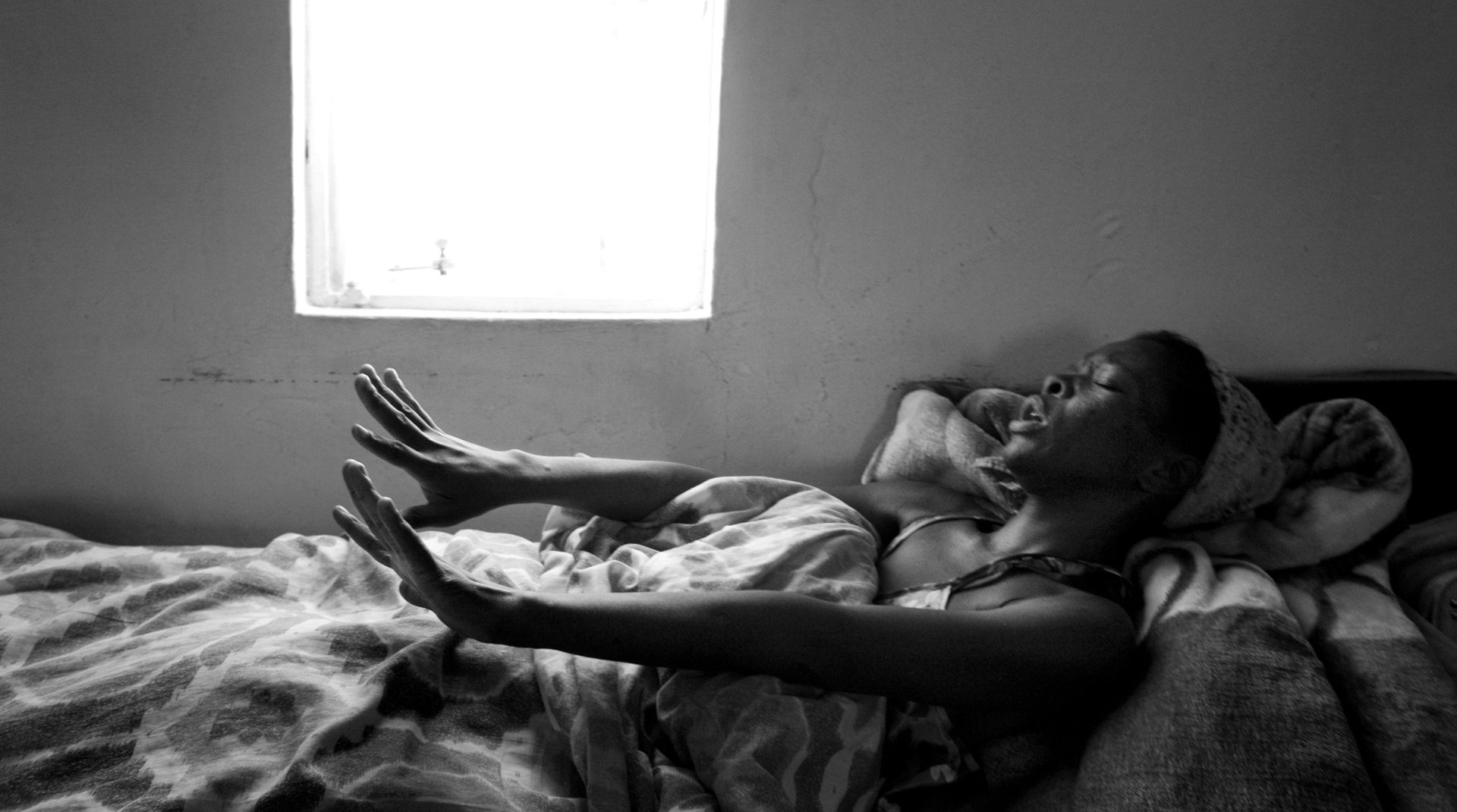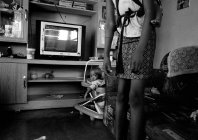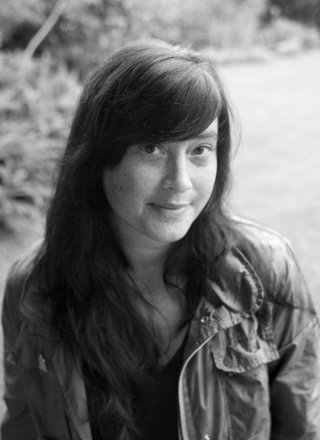
I love you real fast, Swaziland, 2006-2011
Krisanne Johnson
Prospekt
Coming of age for Swazi girls is tough. Swaziland, a tiny African nation of one million, is one of the world’s last absolute monarchies. The age-old tradition of polygamy and a relaxed attitude toward sexuality have proven to be a devastating combination for women. Swaziland reports the highest percentage of HIV-positive citizens of any country in the world. The hardest hit are women aged 15-29: half of young Swazi women are HIV-positive.
Last year the King of Swaziland celebrated his silver jubilee, but in the twenty-five years of his reign, young women, the backbone of the country, have struggled against the odds just to remain alive: over the past ten years, female life expectancy has dropped from age 61 to almost 31.
Preview





Since 2006, I have been documenting the coming-of-age rituals of young women living amidst the spread of disease and its victims; women who, even in the face of staggering odds and deep uncertainty, still possess the energy and enthusiasm of youth. I wanted to capture the nuances that comprise a human, rather than simply a tragic experience.
Over the past six years, my insights have matured along with these young women. Working on the story has been an opportunity for me to witness fast-tracked intimacy and friends lost and gained. It has made me see that girls here are constantly on the verge – on the verge of giving birth, of burying best friends, of finding love and fighting for life – alone, stigmatized, and heartbroken.
The images cover three themes. The first is the traditional Umhlanga Dance: some 40 000 young women from across the country gather to celebrate their virginity in an eight-day ceremony held in honor of the Queen Mother. The polygamous King Mswati III often chooses one of the young women as his wife – he now has thirteen.
The second theme looks at modern youth culture, and the third is an intimate look inside the homes of HIV-positive women, many suffering disproportionately because of inequality in the home, little say in sexual negotiations, gender-based violence, isolation and abandonment.
Krisanne Johnson
The project has been supported by a Getty Images Grant for Editorial Photography, a W. Eugene Smith Grant in Humanistic Photography and the Magnum Foundation Emergency Fund.
Exhibition coproduced by the Photographic Social Vision Foundation.





